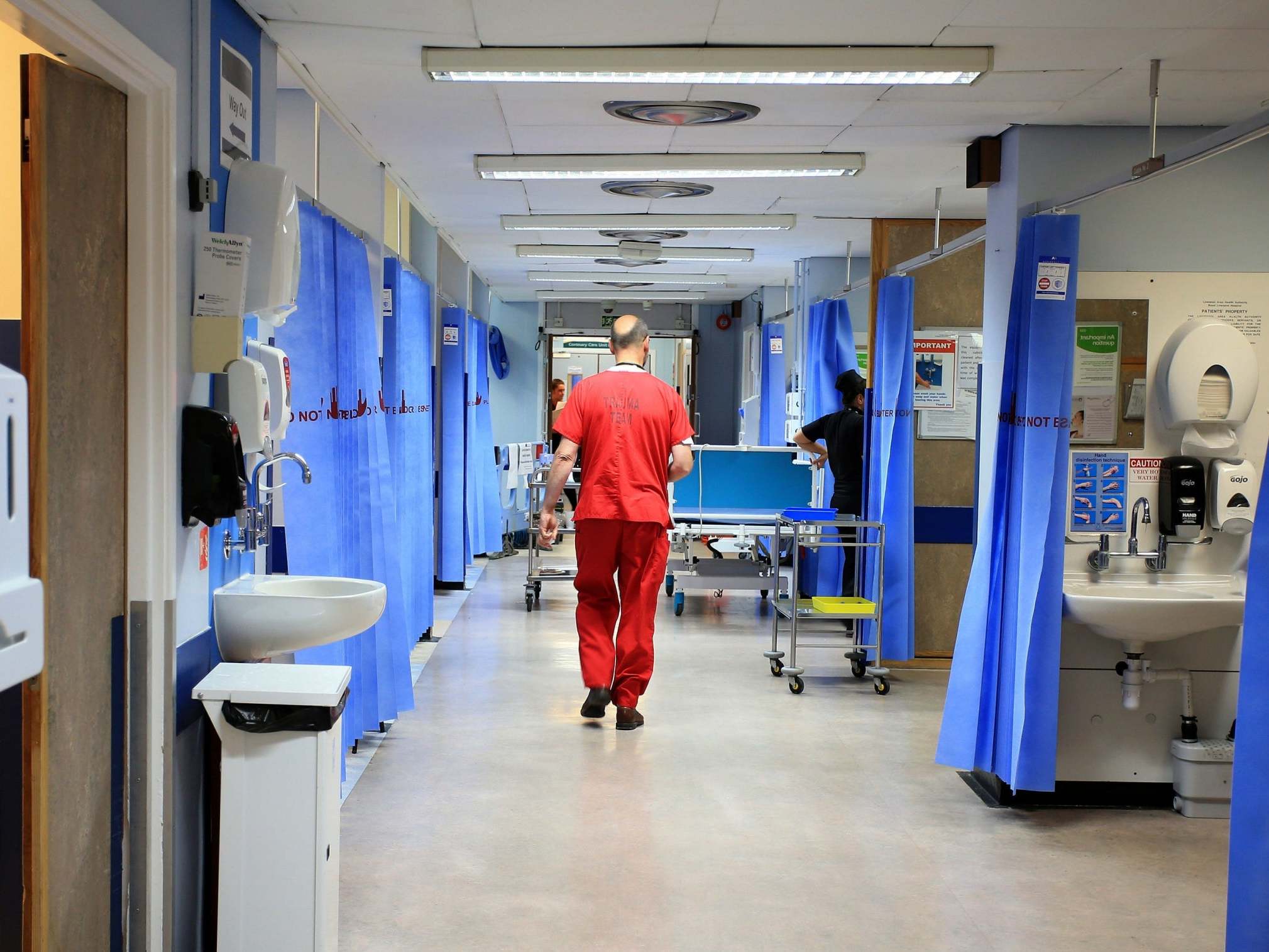An organisation as important as the NHS deserves vigorous independent examination of its standards
Clinical excellence should be rewarded, but the conditions that lead to clinical scandals also need to be found and punished

In recent weeks, two major scandals, both appalling in their different ways, have emerged from the NHS. The latest, in east Kent, centres on the treatment of babies, and allegations that some died needlessly through lack of care. The earlier story, broken by The Independent, concerned perhaps decades of failures in maternity care at what is now the Shrewsbury and Telford Hospital Trust.
Such failings are not new. The names of previous episodes echo down the years: Alder Hay (callous use of body tissues); Stafford (widespread neglect of patients); the Bristol heart scandal; the casual misuse of opiates in Gosport; even the mass murders of Harold Shipman, the incubation of so-called superbugs and the infected blood scandal can be mentioned in the same context.
This is because one common factor throughout is the way a certain kind of complacent institutional culture was allowed to develop that made such failings possible, if not inevitable. As a result, people suffered, lives were lost, and families destroyed.
People – patient and relatives – are usually inclined to trust their physicians, and to believe that they are acting always in their best interests, even if difficult decisions are to be made. The word of a doctor, surgeon or nurse is usually taken at face value and their advice followed. Clinicians and GPs, in turn, usually operate to the highest of ethical and professional standards, and do not abuse this natural trust – but there will be some who will take the line of least resistance, or worse.
Much the same goes for the managers who are meant to oversee efficiency and standards. They too, though so often derided as pen-pushing faceless bureaucrats, have a vital task in running such a vast and complex institution as an NHS trust, let alone the now four NHS operations across England, Wales, Scotland and Northern Ireland. Most of the more egregious scandals seem to have erupted in the English trusts, but each devolved authority has its own challenges.
What seems to link these episodes is a cultural, institutional, failure. Frameworks are important – the kind of rules and attitudes that place patients first. That means rewarding clinical excellence but also finding and punishing – as severely as is fitting – the conditions that lead to clinical scandals.
Not all of the managements of individual NHS trusts review performance – in terms of quality as well as quantity – that might detect a pattern of failure. Of their nature, these management teams cannot themselves act independently to monitor the performance of the institutions they are responsible for – they too easily end up marking their own homework. They should, though, be made personally statutorily responsible for incompetence and negligence on their watch. Because of that, whistleblowers may need even stronger legal protections.
The independent body tasked with spotting patterns of failure and incompetence is the Care Quality Commission (CQC). Established a decade ago, the CQC amalgamated a number of disparate inspection bodies around health and social care, and it has done much good work in its time. However, whether through its own failings, under-resourcing or a lack of powers, the CQC is plainly not operating to prevent (rather than investigate ex-post facto) substandard work in the NHS and social care sectors. The CQC has itself admitted that it has been missing its own targets, and the Public Accounts Committee, the ultimate public sector auditor, has also criticised it. The CQC should be a body that has a high profile, and is respected and, frankly, feared by any NHS trust, GP surgery or unit that has secrets it wishes to hide.
That said, any upgraded CQC would have an immense job to do. Any discussion of the usually brilliant care of the NHS, as well as its shortcomings, has to put things in the context of the sheer scale of its activities. The NHS treats one million patients every 36 hours. It performs (roughly) 10 million operations a year. It is the largest employer in Europe. An organisation as large, complex and important as the NHS deserves to have the most vigorous independent examination of its standards of care. Without such discipline, the incidence of clinical deficiencies and scandals will remain inadequately controlled.
Join our commenting forum
Join thought-provoking conversations, follow other Independent readers and see their replies
Comments